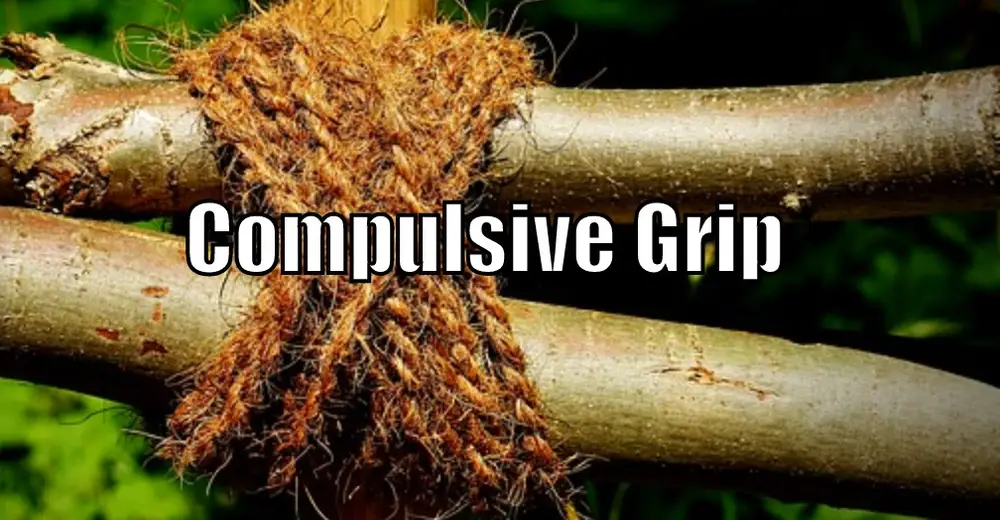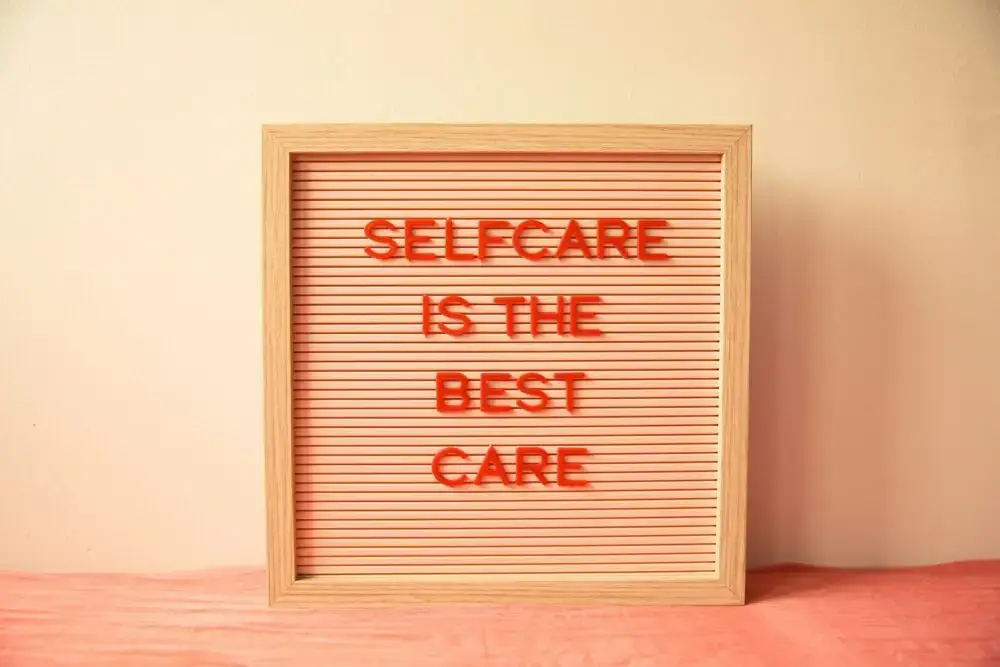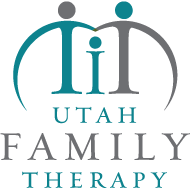Compulsive Behaviors and The Impact on Loved Ones: How to Tighten or Loosen the Grip
Compulsive behaviors can profoundly affect not only those who suffer from them but also their loved ones. The struggle with compulsions is often an internal battle fraught with conflict and emotional turmoil.
Understanding and compassion from family and friends can play a crucial role in the recovery process.
This article explores how loved ones can support individuals dealing with compulsive behaviors, helping to loosen the grip of these challenges.
Table of Contents
The Internal Battle of Compulsion
Compulsive behaviors create an ongoing internal conflict for those affected.
As Smokey Robinson poignantly sings,
“You Really Got a Hold on Me,” these individuals might feel, “I don’t want you, but I need you… I want to leave you, but I don’t want to stay here, and I don’t want to spend another day here… I want to split now. I can’t quit now, you really got a hold on me.”
This reflects their intense struggle and ambivalence daily, sometimes even hourly.
Despite their desire to quit and leave their compulsion behind, the grip of their behavior can be overwhelmingly firm. Recognizing compulsions’ powerful hold on our loved ones is the first step in offering meaningful support.
We need to be able to empathize with our spouse and loved ones during this war they are waging within.

Empathy in the Face of Struggle
Empathy is crucial when supporting a loved one with compulsive behaviors.
It’s essential to understand that they are not choosing to stay in their situation; they are fighting hard to overcome it.
They are aware of the damage their behavior can cause to themselves and their families, and they don’t want to continue down that path.
During their recovery, loved ones need to show compassion and understanding.
This is especially important when they are most vulnerable.
By being empathetic, we can help them feel less isolated and more supported in their journey.
Recognizing Their Efforts
It can be challenging to truly grasp what it’s like to deal with a compulsion unless we have experienced it ourselves.
Sometimes, it’s hard to believe that our spouse or loved one is genuinely trying to overcome their turmoil.
However, showing frustration or disbelief when they relapse only tightens the grip of the compulsion.
Conversely, demonstrating compassion, love, and understanding helps to loosen the grasp of the compulsion and empowers them.
By acknowledging their efforts, no matter how small, we reinforce their resolve to keep fighting.
Supporting Through the Mistakes
Billy Joel’s lyrics in “The Longest Time” resonate deeply here:
“Once I thought my innocence was gone, Now I know that happiness goes on that’s where you found me, When you put your arms around me I haven’t been there for the longest time.”
Mistakes, whether big or small, can make individuals feel like they have lost a part of themselves, a part of their innocence.
They may feel unworthy of love and support from their loved ones.
However, this is far from the truth.
They most need love, compassion, and support during the healing reparative process.
This support can be incredibly empowering and help them move forward in their pursuit of happiness, especially if it’s your spouse.
Knowing loved ones are willing to take the journey with them can make a significant difference.

Demonstrating Love and Compassion
For those who have loved ones dealing with addiction or compulsive behaviors, this is the time to show love and compassion, even though it may be the most challenging time to do so.
It’s essential to understand that this act of love and non-judgment can heal in ways beyond measure.
Through this healing process, hope begins to grow and flourish.
Showing love and compassion doesn’t have to be grand gestures. Sometimes, a simple hug or a reassuring word can make a difference.
Letting them know you are standing by their side throughout their healing process helps speed their recovery.
It also begins the healing process for you as you become a part of their journey towards wellness.
The Role of Support Systems with Compulsive Behaviors
Support systems play a critical role in the recovery of individuals with compulsive behaviors.
Family and friends can offer a safe space where the individual feels accepted and understood.
This support can come in various forms, such as listening without judgment, encouraging, or helping them find professional help.
Creating an environment of trust and security can significantly impact their recovery.
When individuals feel supported, they are more likely to actively engage in recovery.
They know they are not alone and that their loved ones are with them every step of the way.
Professional Help and Treatment
While emotional support from loved ones is crucial, professional help is often necessary for overcoming compulsive behaviors.
Therapists, counselors, and support groups can provide specialized care and strategies to manage and eventually overcome these behaviors.
Encouraging loved ones to seek professional help can be a delicate process.
It’s essential to approach the subject with sensitivity and without judgment.
Offer to help them find a therapist or attend a support group. Your willingness to be involved can make seeking help less daunting.

Self-Care for Supporters
Supporting a loved one with compulsive behaviors can be emotionally and physically exhausting.
Supporters need to take care of themselves as well. Self-care is not selfish; it’s necessary to maintain your own well-being.
Ensure you have a support system, friends, family, or a therapist to help you navigate your feelings and stress.
Taking breaks, engaging in activities you enjoy, and setting boundaries are crucial aspects of self-care.
By taking care of yourself, you are better equipped to support your loved one in their journey towards recovery.
Conclusion
Compulsive behaviors can be incredibly challenging for both the individuals affected and their loved ones.
However, with empathy, compassion, and support, the grip of these behaviors can be loosened.
Recognize the internal battle your loved one is facing, and offer understanding and love.
Please encourage them to seek professional help while taking care of your well-being.
Together, you can navigate the path to recovery, strengthening your bond and fostering hope for a healthier future.

One Response